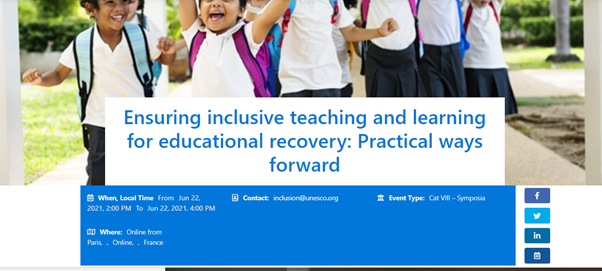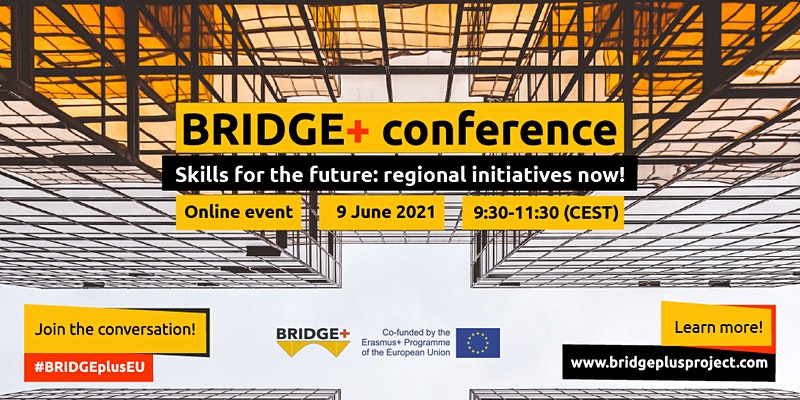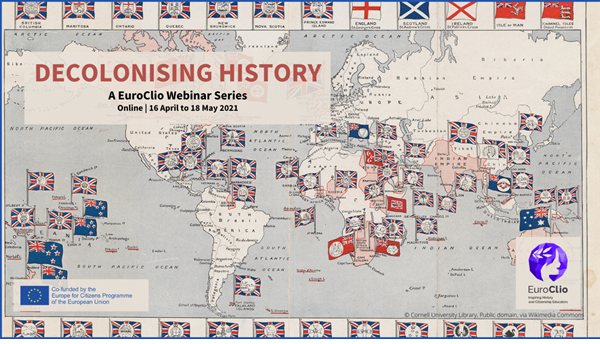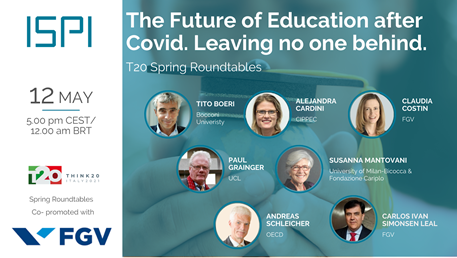Ensuring inclusive teaching and learning for educational recovery: practical ways forward
The global Covid-19 pandemic has had a dramatic impact on the school system worldwide, affecting even harder students who are vulnerable to marginalisation or exclusion.
On June 22, from 2.00 pm to 4.00 pm CET, the international webinar “Ensuring inclusive teaching and learning for educational recovery: practical ways forward”, co-hosted by UNESCO, the University of Manchester and UNESCO’s International Bureau of Education, will discuss on the teaching and learning improvements needed as schools reopen, through the analysis of promising innovation practices used in different parts of the world.
Decolonising History – A EuroClio Webinar series
Euroclio is launching a series of webinars on the concept of “decolonising history” to address this topic in a different way, reflecting and focusing on those aspects which are crucial also in understanding today’s history and in dealing with modern-day racism.
The first webinar, Decolonising Education: Voices from different fields, took place on May 15, from 2:00 pm to 3:00 pm. During this webinar, it will be analysed how decolonisation impacts on curriculum design, teacher education, and museum curation.
The second webinar, Decolonising History – Feed forward and exchange session, took place on May 18, from 4:30 pm to 6:30 pm. During this session, participants will have the opportunity to work both in groups and as a plenary, discussing the importance of Decolonising History and teachers’ contribution within the political sector. Furthermore, participants’ own experiences may be useful for the devising of future programmes.
The third webinar, Effective teaching approaches for history in primary school, will take place on May 28, from 3:30 pm to 5:00 pm. The webinar will focus on the analysis of the aspects which have an impact on primary school children’s learning process, taking into account their historical awareness and abilities.
Find out more about EuroClio’s webinar series “Decolonising History” here.




